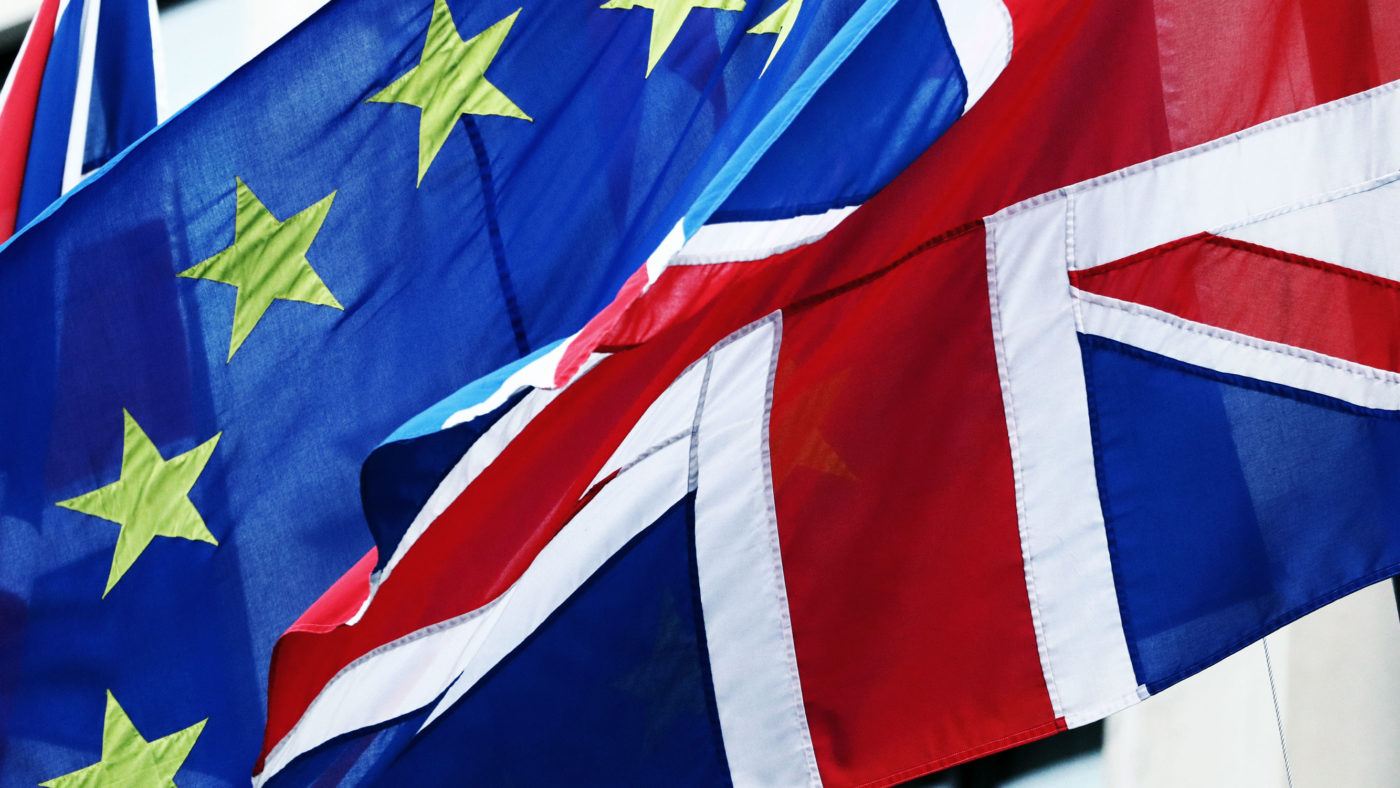Theresa May did everyone a favour when she made it clear that the UK is leaving the Single Market and the customs union and will negotiate a free-trade agreement with the European Union. I say this as someone who voted to remain.
Many of us wish it were otherwise, but the combined political logic on both sides of the Channel has made a “hard Brexit” almost impossible to avoid. For her own political survival, Mrs May has to deliver on “regaining control” over immigration and ensuring the UK is no longer under the jurisdiction of the European Court of Justice.
For their part, EU leaders need to guarantee the integrity of the EU project, which means, for now at least, preserving the “four fundamental freedoms” of the Single Market – namely the movement of goods, services, finance and people. To do otherwise would risk further fuelling populism in their own backyard and the unravelling of the EU.
The Prime Minister’s Lancaster House speech marks the start of real negotiations. And there is still a lot to play for. There is a very wide spectrum of possible “hard Brexit” outcomes. At one end is the deep and comprehensive free-trade agreement, accompanied by meaningful cooperation agreements in areas such as scientific research and intelligence sharing, which is what Mrs May is aiming for.
At the other end is “no deal”, where we all fall back on WTO tariffs, imposing very substantial barriers on our mutual trade. Given that the EU is our most important trading partner, the costs would be enormous.
We don’t know where on this spectrum we will end up, and much depends on how the UK Government negotiates, and how each of the 27 EU member states respond (any future UK-EU deal will need to be approved by each and every member state). So far, the UK government has adopted a strategy, in public at least, that has been confrontational and centred on goading our European counterparts.
We have been asking EU leaders for something they were in no position to give (access to the single market and control over immigration). When they refused, we made a series of snide threats: that we would no longer buy Prosecco, would do a quick deal with Trump’s America, or go-it-alone and with an economic strategy that would undercut EU regulations. Unsurprisingly, the louder and more frequently we made these demands the more entrenched and hardline their position became.
Given that we have the weaker hand in the negotiations, such power games simply play straight into the hands of two groups that would like to see the hardest of all possible Brexits: EU politicians seeking to use the UK to showcase the high costs of abandoning the European project, and hardline Brexiters in the UK who hold up a vision of the UK as a light-regulation, free-trade tax haven off the European mainland.
In her speech, Theresa May signalled a more cooperative and constructive negotiating strategy, which is our best hope if we want to end up with a close partnership with the EU. She acknowledged the constraints that our EU partners are operating under and the importance to the UK of a successful and flourishing EU. She rightly focused on the mutual value that the UK and EU would both derive from continued close cooperation.
Theresa May’s challenge now will be to keep herself and her ministers on this track of constructive dialogue. We all know divorces where it goes horribly wrong. Where egos get in the way and both parties take a strong stand over relatively small things to score points, and it becomes hard to back down. This does not mean we should simply accept everything the EU proposes but it does mean getting out of a zero-sum mindset and working towards a deal that delivers for the UK and for all 27 members of the EU.
Now, more than ever, we need enlightened leadership that looks beyond short-term political point-scoring and focuses on the UK’s long-term interests, and it is imperative that we do all we can to nurture a close relationship with the EU. The member states remain our most important ally on the global stage in every realm from climate change to counter-terrorism.
At a time when international cooperation is besieged from many directions, we need to remember that, to paraphrase the words of the late Jo Cox, we have far more in common with our EU partners than that which divides us.


